After what seems like four straight years of a presidential campaign, we’re finally here. When we say “here,” we are talking of course of the last stage of grief, exhausted acceptance. One half of the population accepted that their nominee could be replaced without a single primary vote. The other half accepted that their 2020 nominee couldn’t be replaced at any cost.
Many this year are casting votes with considerable pain as they select from two less than ideal options. Andrew Sullivan details his grudging support for Kamala Harris; while Bridget Phetasy describes the reluctant undecided voters pulling the lever for Trump. We’re sure they’re not the only ones holding their noses.
The lesser-of-two-evils election is nothing new. Americans have been hearing about them since Hamilton threw his weight behind Jefferson 224 years ago. But in an age when the media is populated by twenty-somethings whose knowledge of political history extends twenty-four months, you can forgive them for proclaiming every minor development “unprecedented.” Of course, we’ve been treated to excitement — assassination attempts and indictments, unsealed legal filings, palace coups and the like. Frankly, after an interminable campaign, there’s something to be said for spectacle.
Kamala Harris has repudiated her own administration — and what’s not to repudiate with high inflation, the border a shambles, the Middle East ablaze, Asheville underwater. The sitting vice president is running as a “change” candidate: we opened October with a run on toilet paper. (For once, no one used the term “unprecedented.”) Harris’s “politics of joy” honeymoon appears to have run its course. She has a higher unfavorability rating among independents than Donald Trump, according to Gallup, possibly because after four years in the Eisenhower building, she still has trouble stringing together coherent thoughts on anything policy-related or otherwise.
Her running mate hasn’t done much better. Lately Minnesota governor Tim Walz’s overexuberant Midwest-dad vibe is fizzling thanks to his serious problem with the truth. His fudging of his time in China and his lie about being there for the Tiananmen Square protests came back to bite him in the VP debate — Walz’s ties to China (and his tall tales surrounding it) are detailed by Ian Williams.
The Harris-Walz campaign hoped to follow the playbook Biden successfully deployed in 2020 — lie low and hope you can get through without opening your mouth. Voters accepted that strategy during an (unprecedented!) pandemic, but it is not proving as successful outside the basement, where the teleprompter is there for all to see. Still, it just may work. Donald Trump can’t help himself; he seems to want to snatch defeat from the jaws of victory. After surviving two assassination attempts, he’s spending his time hawking six-figure watches, shilling cryptocurrencies and complaining about the misrepresentation of his crowd sizes.
That strategy may not be optimal, but it, too, may succeed with an electorate ready to accept that political personalities necessarily become dumber as a condition of prominence. Walz, heretofore an anonymous Midwest governor, certainly lived up to the trend. Sadly for Democrats, 40 million Americans witnessed Senator J.D. Vance buck the trend.
Vance’s debate performance was superb, the best elucidation of the new brand of conservatism we’ve seen. If anyone can add intelligence to the policies of what you might call Trumpism, we’ve found him in Vance. His thoughtful demeanor, civility, mastery of the issues and overall intelligence are qualities we haven’t seen from a national politician in some time — dare we even call it weird in an age of unprecedented stupidity? Concerns about Trump from those on the fence (if they actually exist) may evaporate knowing there’s a steady hand near the White House.
Of course, it would be unprecedented if a vice presidential debate were the determining factor in an election. Democrats are hoping the October surprise of the unsealing of special prosecutor Jack Smith’s charging documents describing Trump’s handling of the 2020 election will erase Vance’s debate honeymoon. But that presupposes an electorate that hasn’t already noticed — or come to accept — that Donald Trump fails the sportsmanship test.
The GOP, meanwhile, is hoping that the October surprise of international upheaval will be enough. In the Middle East, Israel is essentially fighting a three-front war, about which the US administration speaks out of both sides of its mouth. The more Harris and Walz quibble, the more support they lose from both the Jewish and Arab-American communities. A recent Pew Research Poll showed that among Jewish registered voters, Harris bests Trump 65-34. But the former president only garnered 27 percent when he spearheaded the Abraham Accords. His rise in Jewish support has, surprisingly, appeared to coincide with gains among Arab-American voters. A recent poll from the Arab American Institute showed community support for Trump at 46 percent to Harris’s 42 percent.
On the domestic front, Democrats are dealing with Biden and Harris’s mismanagement of the damage wrought by Hurricane Helene. The reliable progressive pivot to blaming climate change in the wake of deadly storms was disrupted by Homeland Security secretary Alejandro Mayorkas, who told reporters that FEMA doesn’t have any more money to support Americans for the rest of the Atlantic hurricane season, this after FEMA had earmarked $640 million to house and subsidize migrants coming into the country. Voters appeared to be coming round to Harris’s narrative that Trump blew up “an unprecedented” border security deal, but the deadliest storm since Katrina is a stark reminder of the potential consequences of her White House tenure.
The 2024 election may come down to whether an electorate firmly in the acceptance stage of grief backslides into the second.
This article was originally published in The Spectator’s November 2024 World edition.



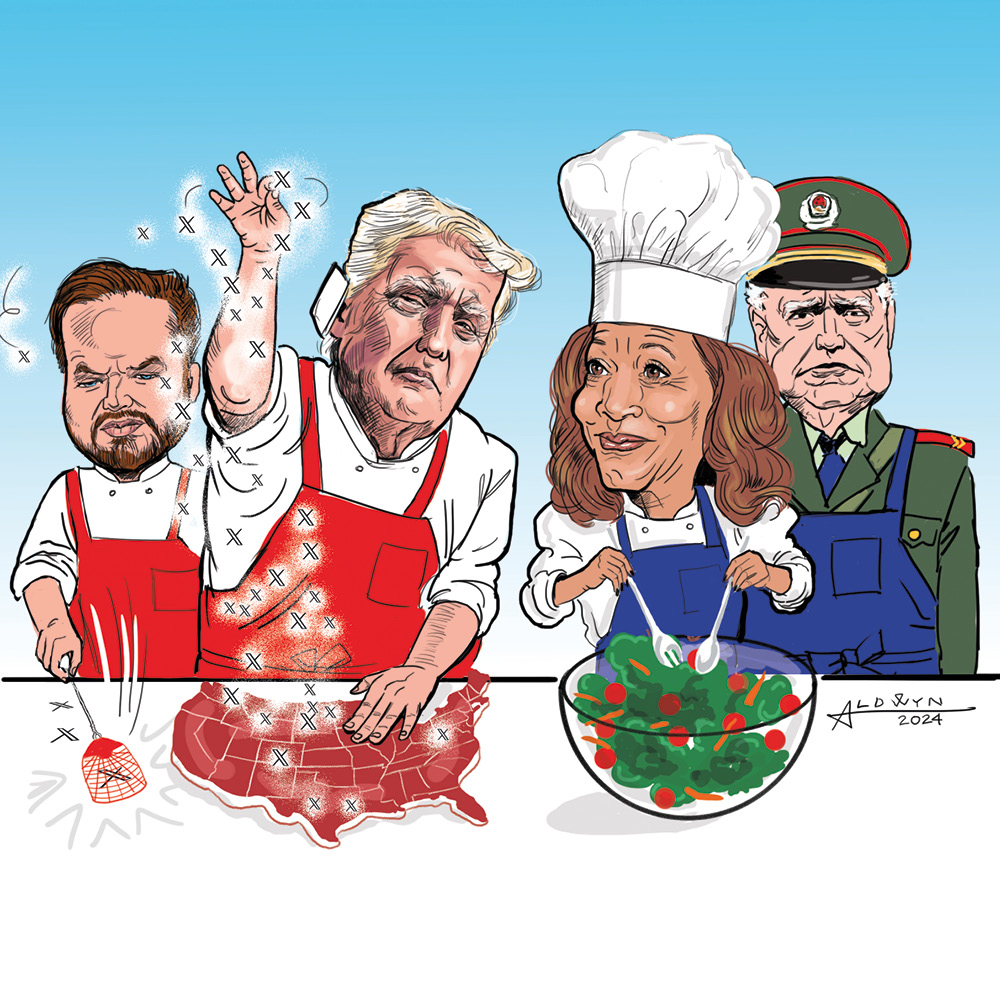







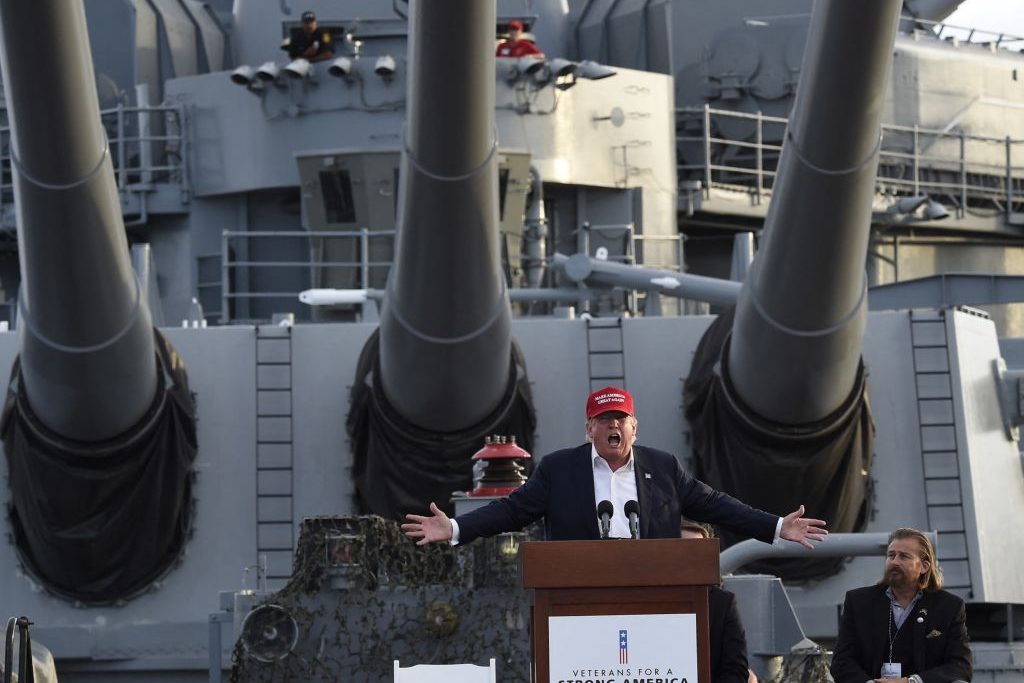
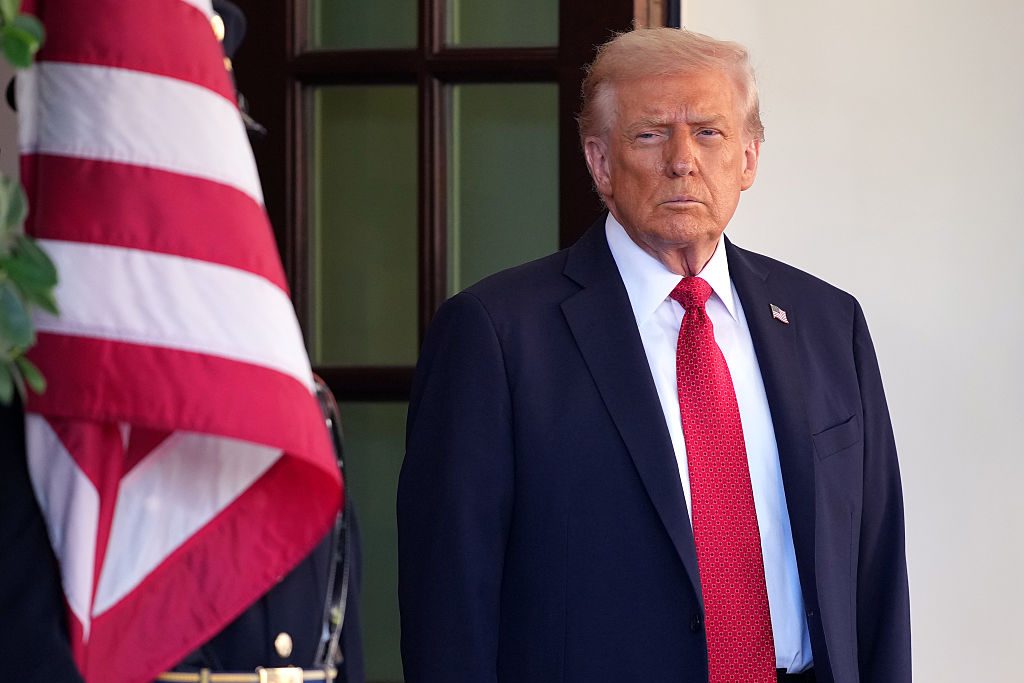

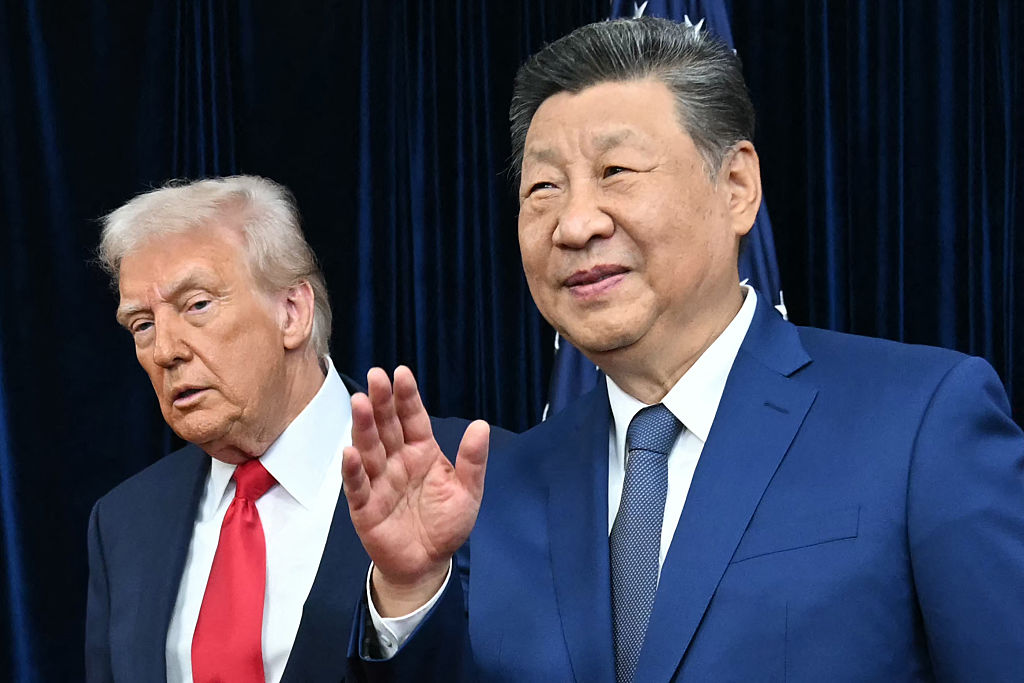
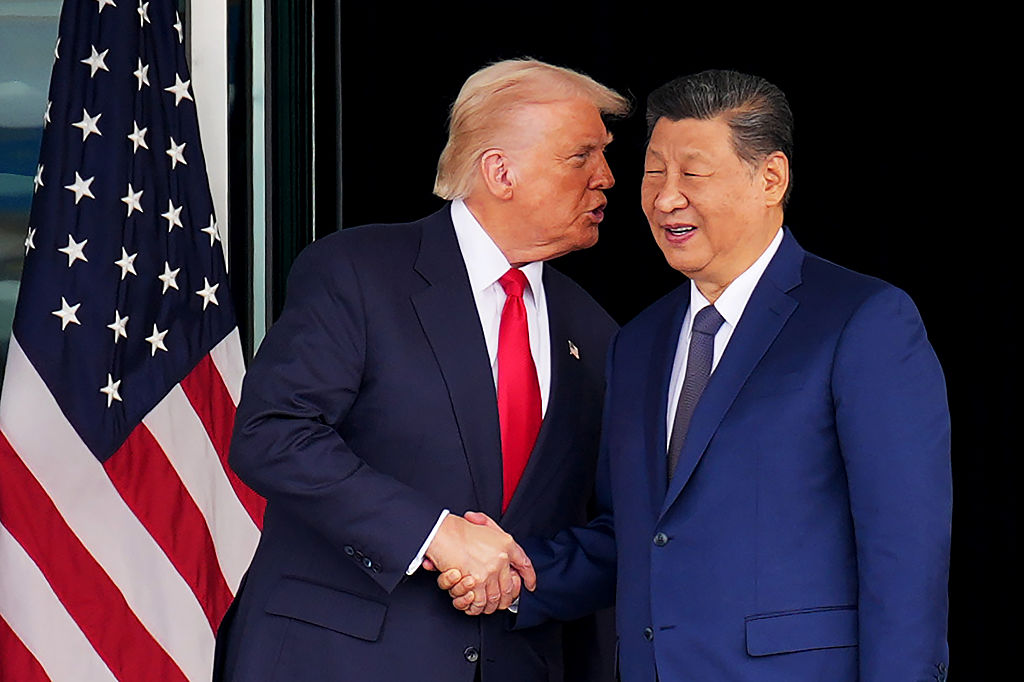







Leave a Reply